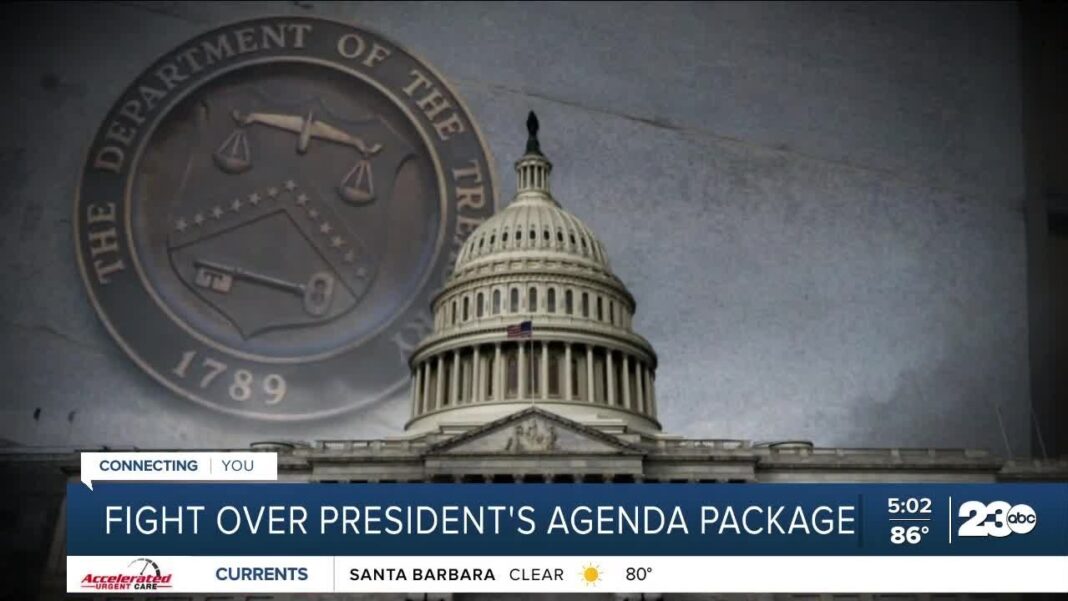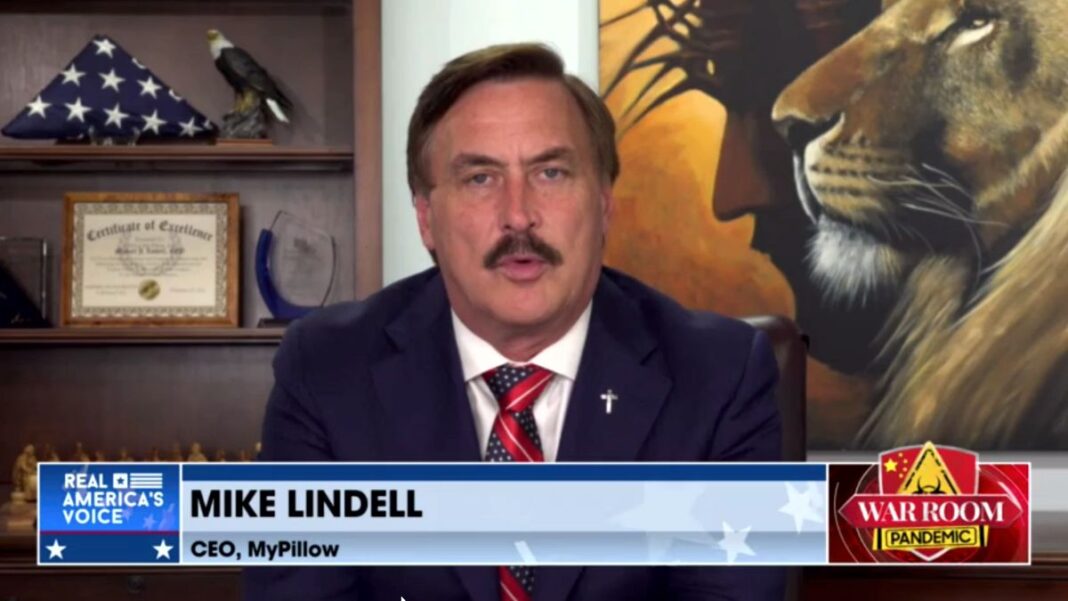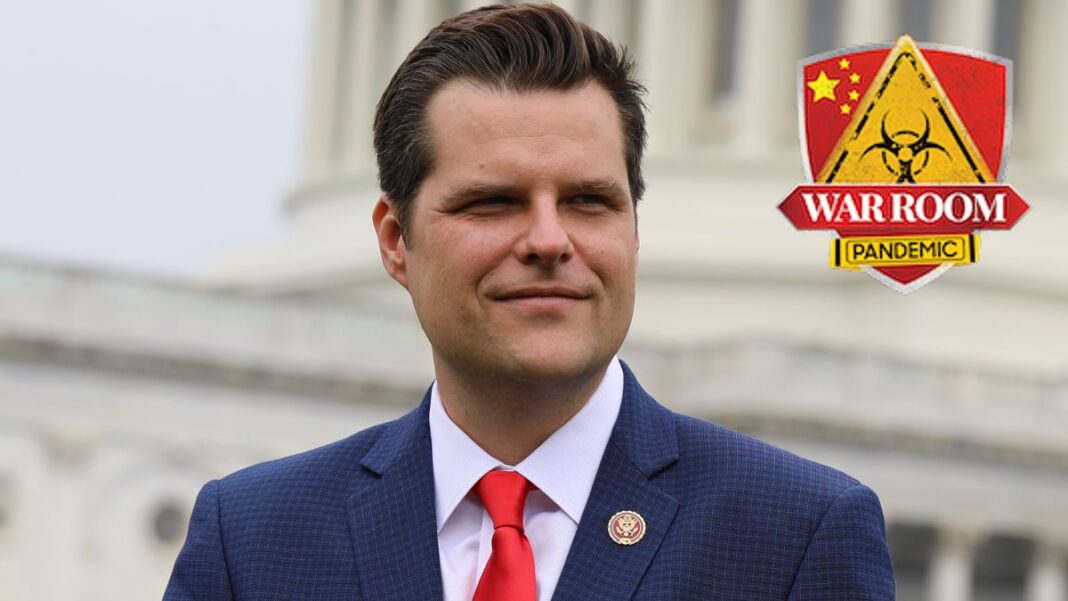
On Thursday, Senate Republicans joined with Democrats to pass a stopgap bill to fund the government through December, averting a government shutdown set to begin in the early hours of Friday morning. The House later aligned with the Senate, voting 254–175 to avert a government shutdown.
However, the bill fails to address the debt ceiling, which Republicans have said they will not vote to raise.
On Monday, Republicans showed solidarity against a bill that would have raised the debt ceiling, voting to block debate on the bill 50–49.
The legislation would have put forward billions in new spending for ongoing crises from the aftermath of Hurricane Ida and the thousands of Afghan special immigrants hastily evacuated from the country. More pressingly, it would have extended the government funding deadline to Dec. 3.
Senate Minority Leader Mitch McConnell (R-Ky.) insisted that Republicans supported these elements of the bill, but would not vote for any bill that increased the debt ceiling.
Republicans Still Oppose Raising Debt Limit
Hoping to avert a shutdown, Democrats introduced a new “clean” stopgap bill that would not raise the debt ceiling. Like the previous bill, the newly passed stopgap would provide billions for hurricane relief and the Afghan special immigrant crisis, as well as extending the government funding deadline.
The bill passed by the Senate Thursday advanced through the upper chamber in a 65–35 vote just hours before a government shutdown would have begun.
McConnell was pleased with the passage of the clean bill to avert a shutdown, but continues to insist, like Sen. Ted Cruz (R-Texas), that the party will not vote to increase the debt ceiling.
“On government funding, what Republicans laid out all along was a clean continuing resolution without the poison pill of a debt limit increase. That’s exactly what we’ll pass today,” McConnell said before the vote.
By Joseph Lord






